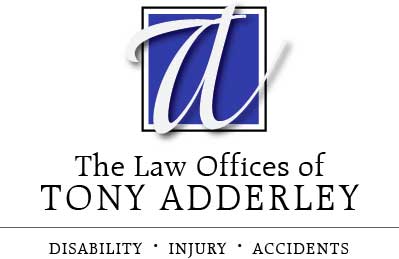Twenty-five new Compassionate Allowance (CAL) conditions, including a dozen cancers, were announced in January by the Social Security Administration (SSA).
For those with the most serious disabilities, the CAL program accelerates disability decisions so that benefits may be received promptly. CAL includes blind or disabled persons with limited incomes who may be eligible for Social Security Disability Insurance (SSDI) or Supplemental Security Income (SSI).
The CAL program flags the disability claims that clearly meet the SSA standard. Using today’s technology, the SSA can now easily identify potential Compassionate Allowances and make quick decisions. Almost 200,000 people with serious disabilities have been granted benefits through this fast-track program. The 25 conditions added to the CAL program in January include digestive, neurological, immune, and multiple-system disorders. This is the complete list:
1. Angiosarcoma
2. Atypical Teratoid/Rhabdoid Tumor
3. Chronic Idiopathic Intestinal Pseudo Obstruction
4. Coffin- Lowry Syndrome
5. Esthesioneuroblastoma
6. Giant Axonal Neuropathy
7. Hoyeaal-Hreidarsson Syndrome
8. Intracranial Hemangiopericytoma
9. Joubert Syndrome
10. Leptomeningeal Carcinomatosis
11. Liposarcoma- metastatic or recurrent
12. Malignant Ectomesenchymoma
13. Malignant Renal Rhabdoid Tumor
14. Marshall-Smith Syndrome
15. Oligodendroglioma Brain Tumor- Grade III
16. Pallister-Killian Syndrome
17. Progressive Bulbar Palsy
18. Prostate Cancer – Hormone Refractory Disease – or with visceral metastases
19. Revesz Syndrome
20. Seckel Syndrome
21. Sjogren-Larsson Syndrome
22. Small Cell Cancer of the Thymus
23. Soft Tissue Sarcoma- with distant metastases or recurrent
24. X-Linked Lymphoproliferative Disease
25. X-Linked Myotubular Myopathy
If you suffer from any of these conditions, speak right away to an experienced Social Security disability attorney. Even when a claim qualifies for CAL, SSA may require additional evidence of your disability. You may be eligible for benefits, but proving your case to the Social Security Administration can be challenging. A good disability lawyer will help you prove your disability and the extent to which it keeps you from working. Don’t wait any longer to apply for benefits that are rightfully yours; speak to an experienced Social Security disability attorney immediately.

